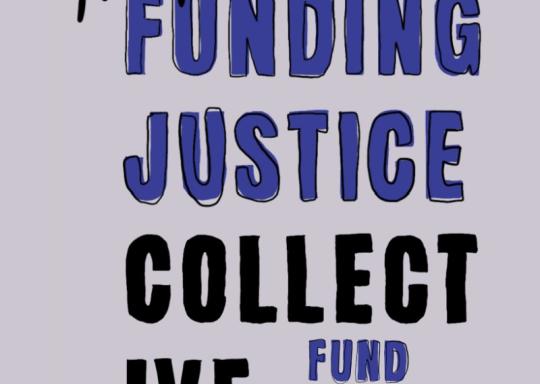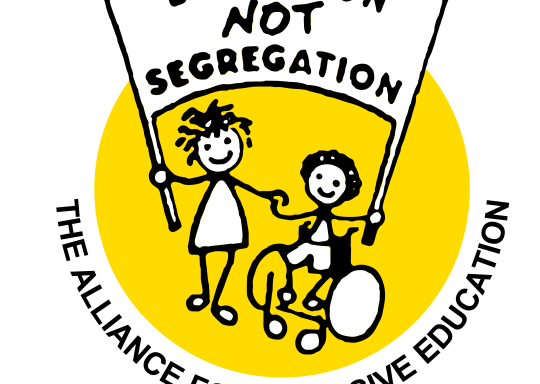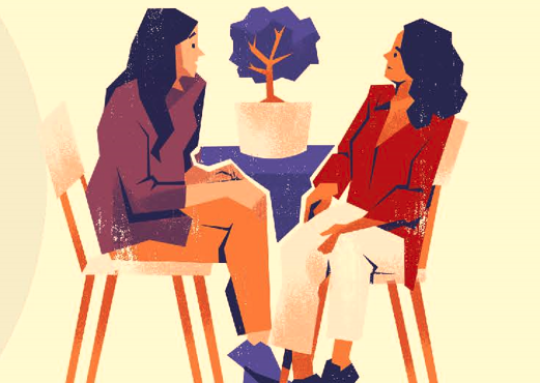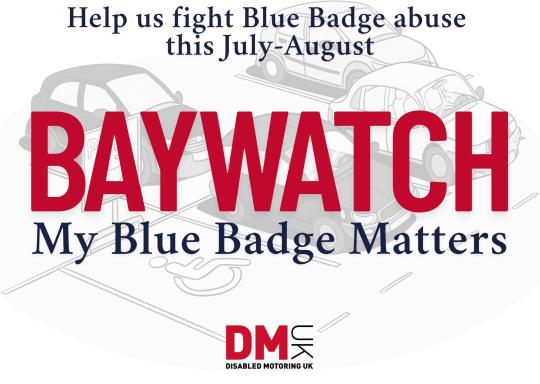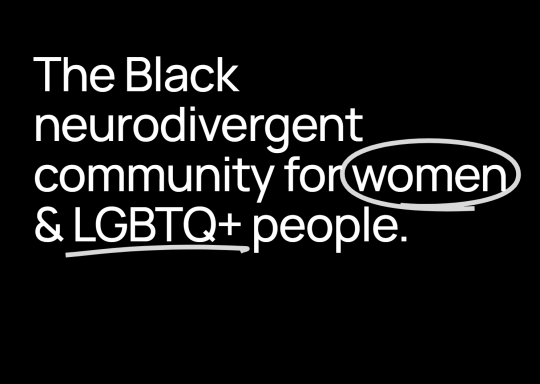Dis Life: Insisting on helping a disabled person who doesn't ask for help is ableism
It was a cold and frosty evening. The wind whipping through my jumper, I had just left a café with my daughter and was about to walk a short way up a cobbled incline to my car. As the café door closed behind me, I heard a shocked gasp, and a lady say, quite loudly, in a high pitched voice: “Oh! Are you ok?!”
I looked around me, to find out what ill fortune had befallen someone, perhaps further down the hill. It was ghost town empty. I limped down the step on my crutches, and prepared to turn left (Derek Zoolander and I do not share that form of fashionistic impairment). “Are you ok? What’s wrong with you? Oh you poor thing. Are you sure you’re alright?!” She said.
I looked around again baffled, until the penny dropped. She was looking at me. I mentally checked myself for visible war wounds – blood, bandages, a bit of my face falling off, but everything was as it should be. I just had a pair of crutches. Quite nice crutches, with turquoise arm supports and handles. Trendy crutches.
“Are you ok?” She asked again. She was standing there, right in front of me, with a man, a look of sympathy veering into panic on her face. I had to address her. I didn’t know what to say. I was not in visible distress. Not wincing, just about to start walking in my normal way – bit of a limp, lightly trembling, using mobility aids. Knackered, not crying, not wailing for help.
“I’m never ok,” I blurted out, giving her a friendly smile. It’s a massive overshare. I’m never not in pain ok, but I’m certainly lightly functional today. My turn now to panic. I keep blurting. I don’t know what I’m saying. This is absurd. So I’ll go with absurd. “Sometimes when I’m on cold hills, my legs fall off and roll to the bottom of the hill, and I can’t walk down to pick them up,” I say. “What?!” Said the lady. “Do you want me to go and get them for you?”
I am standing there in front of her, on my legs, everything attached to my body as it should be, visibly so, with a pair of crutches. I have NO idea what I’ve started here, my playful, addled sarcasm taken as gospel.
“No! No it’s fine, I was just joking!” I say. “I’m completely fine!”
“What?!” I query, incredulous.
“I could try and carry you if it helps. Do you want me to try? Shall I carry you up the hill?”
“No! I’m absolutely fine. Thank you. Happy Christmas!” I say, oversmiling now, wondering what on earth has just happened. I am NOT a small person. I’m not readily pickupable, and if I was, I wouldn’t necessarily welcome it (I might make an exception if you’re fit, muscular and beautifully tattooed). I am using my legs, and some crutches, to visibly walk.
This is an odd scenario, but it’s not an entirely odd scenario. The general public, when confronted with disability, often panics, and goes into a tailspin of embarrassment, a strong desire to help, and sometimes, utter ludicrousness.
The golden rule with us is generally to let us get on with it unless we are visibly struggling, and then ask what we need without panicking or assuming.
Don’t, as a rule, offer to pick us up. Don’t start pushing our wheelchairs, essentially an extension of our delicious disabled bodies, without permission. We tend to welcome such things as much as an unexpected grope in a nightclub.
Sometimes the best of intentions are still really ableist. If you wouldn’t say it to a non-disabled person, don’t say it to us. If you would say it to a non-disabled person, but without a tone or look of pity or sympathy, then don’t use that tone or face with us.
It’s ok to feel a bit addled – we all get things wrong, and society at large has been so ableist for so long that it’s not surprising people get things so very confusingly or insultingly wrong. But try and remember a little common sense. Don’t ask us if we’re ok if we’re visibly functioning ok. Don’t offer to do random things. Bonkers, random things especially. And if I’m standing in front of you on a bit of a hill on my legs, try not to be a little bit Larry David and offer to run down and find them from me. Just – curb that enthusiasm. Thanks!

